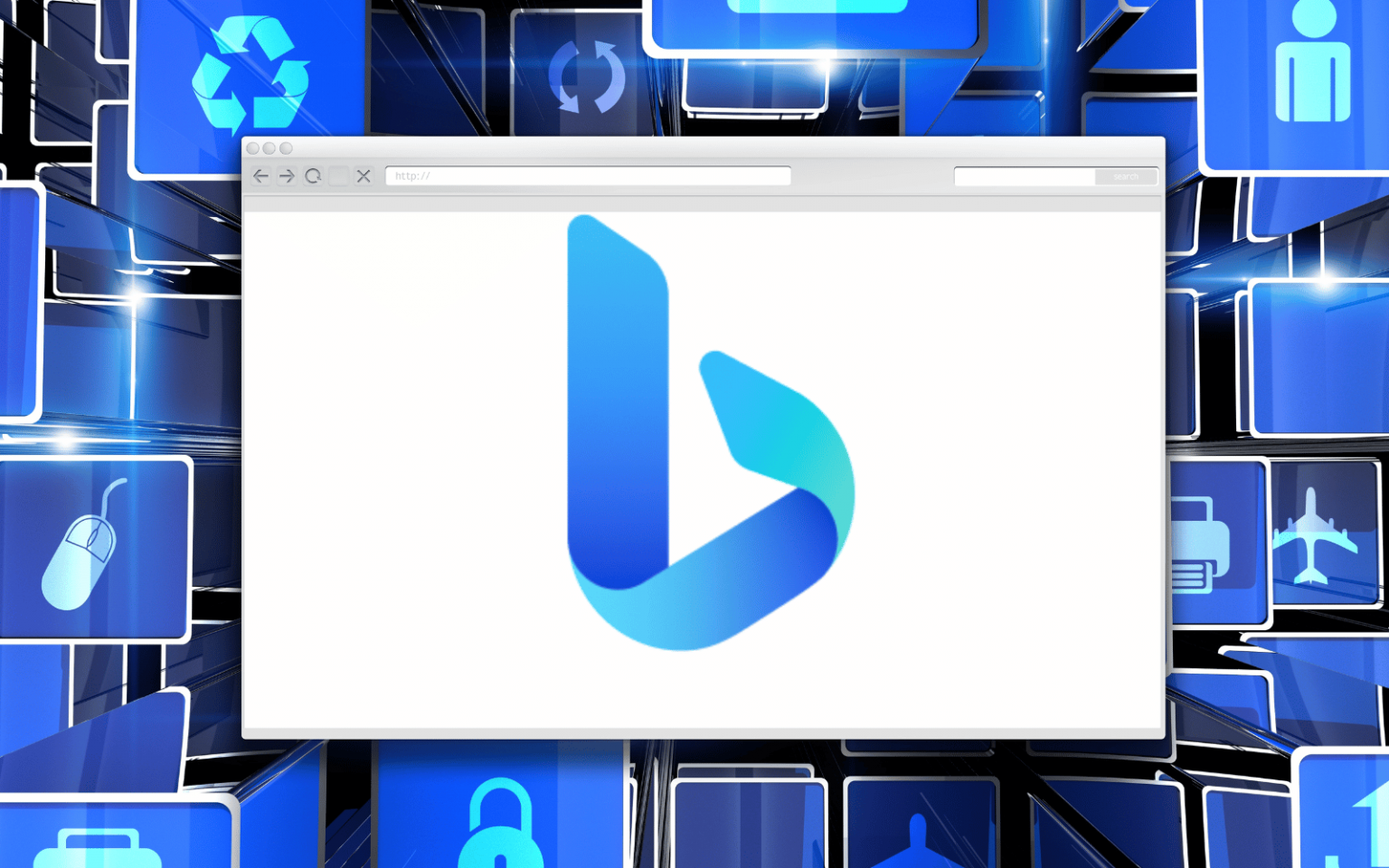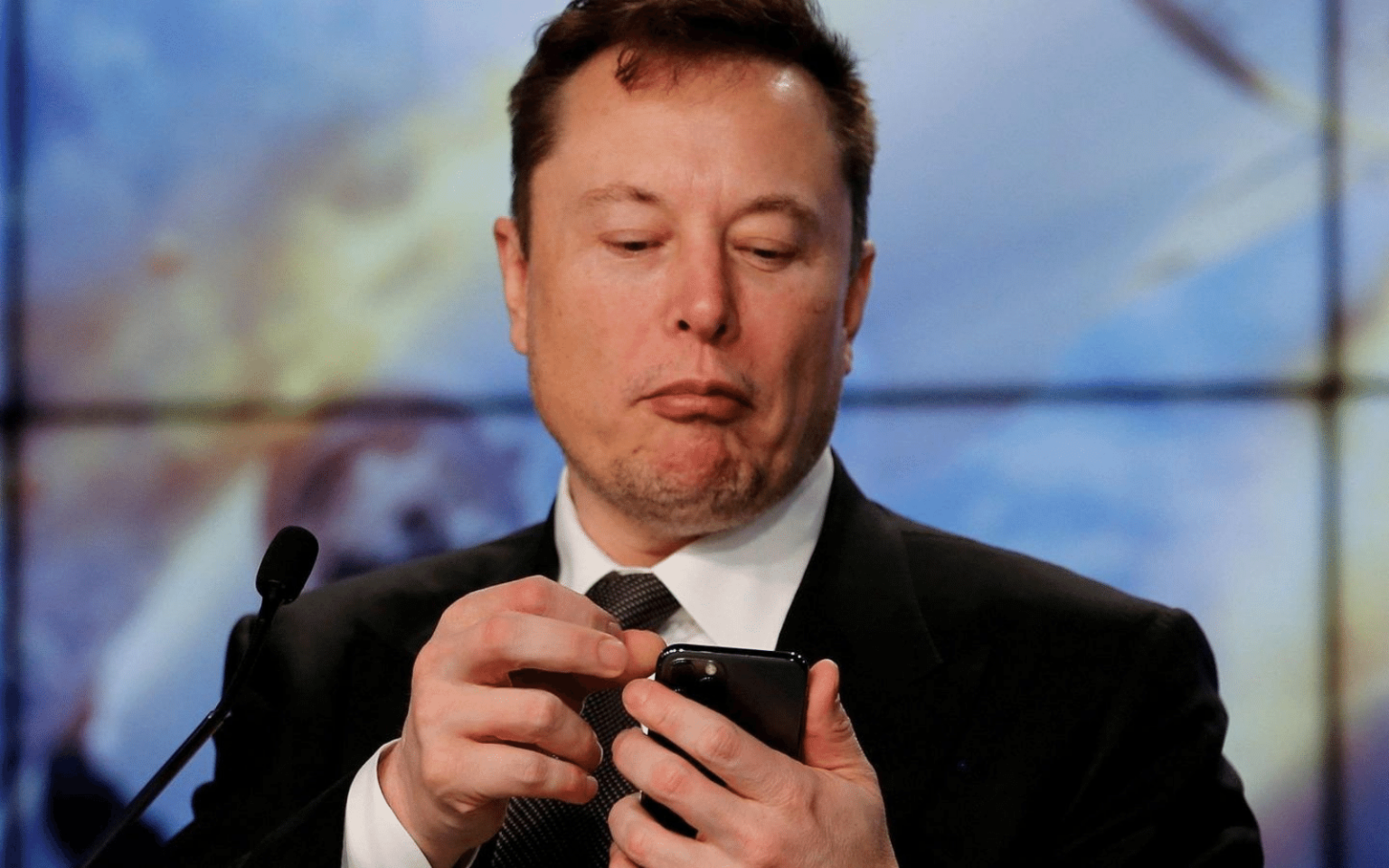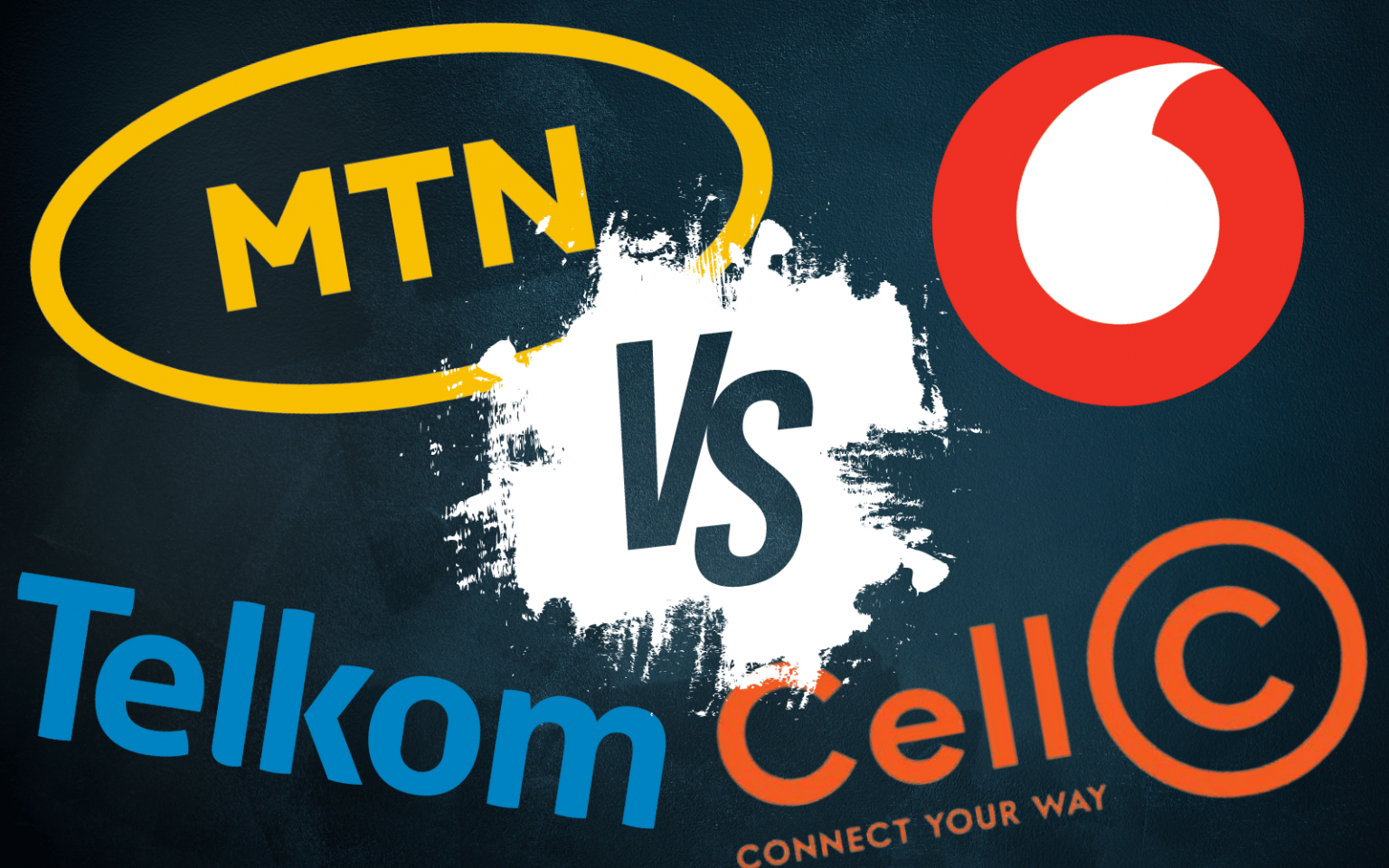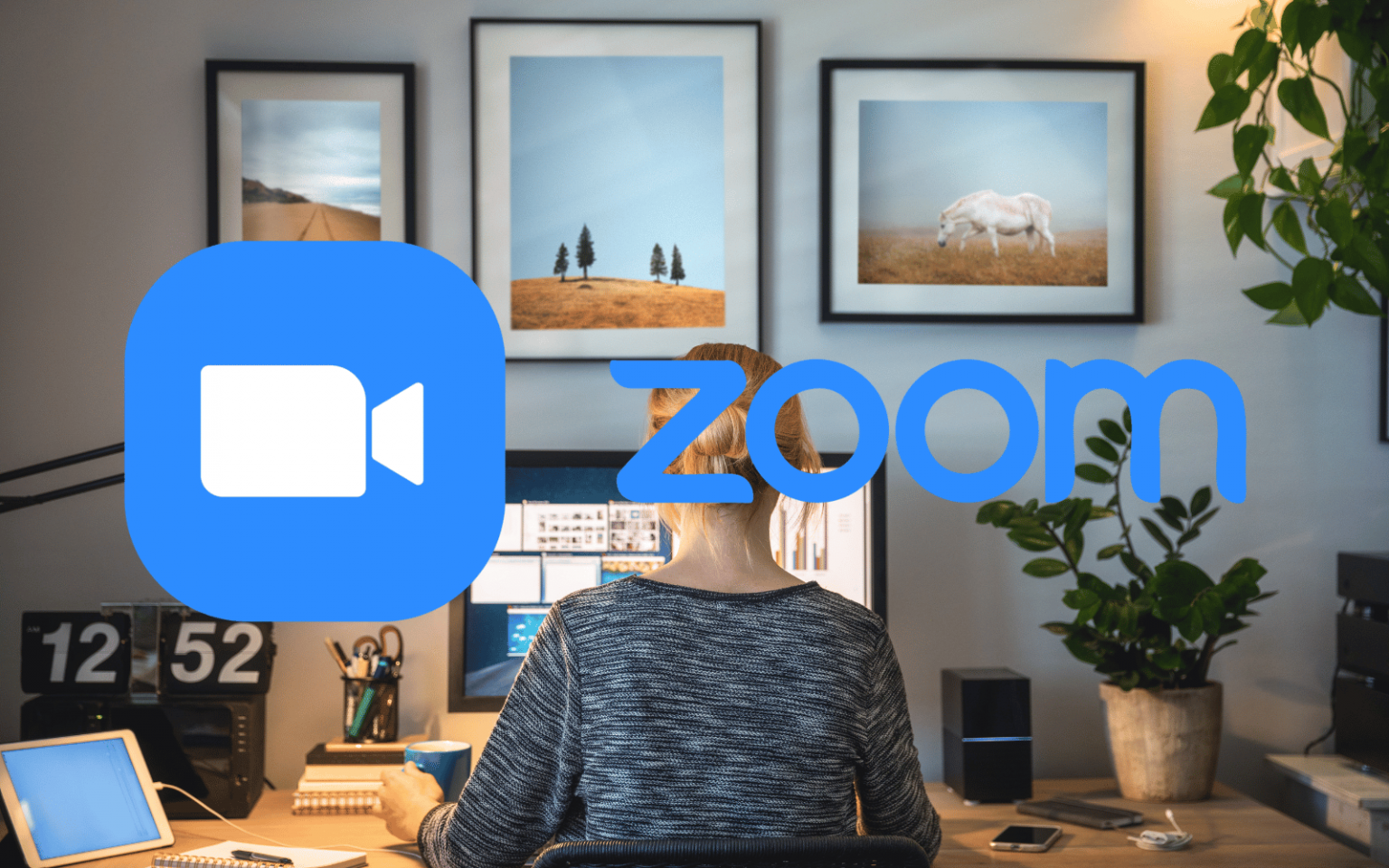Just before a trip to Seattle in 2018, Amazon launched its concept store that had no cashiers. The headlines raved about this potentially new future of shopping. I had to check it out. Instead of a cashier scanning items you’ve put in your shopping basket at the exit, the store itself would do that for you – as you shop. I visited the first such Amazon Go store opposite its iconic domes at its downtown Seattle headquarters – both the architecture and the American e-commerce giant selling a new brick-and-mortar way of shopping that opposed the brand’s usual approach to…
Author: Toby Shapshak
“Let’s Bing it,” I often used to joke a few years ago with a good friend who worked at Google. I don’t recall him ever laughing. Google may have become a verb for search, but in the process has become a bloated, inefficient money-making machine. Google’s search quality is now so poor, it’s functionally useless. Paid-for adverts are intermingled with real search results – which are themselves heavily manipulated by search engine optimisation which allows other people to literally influence what appears higher in searches. Google gives “prominence to paid results, which means that the largest platforms with the biggest…
Discovery is going green. Well… greener. The innovative health company has announced its new Discovery Green initiative to provide companies with an easy way to switch to renewable energy. As part of its own attempts to reduce its carbon footprint, Discovery Group CEO Adrian Gore said the insurer thinks it can help other companies achieve the same. Discovery wants to be carbon neutral by 2025, he says, and reduce the 29,000 tons of carbon it consumes. Although this is “relatively low,” he says, “it became clear that consumption of electricity is the core of that”. So, Discovery set about working…
On the day the diesel price jumped nearly R3, the government finally announced that it would help South Africa’s motor industry transition to building electric vehicles. The diesel increase isn’t hard to view as a cynical move by a government that makes a sweet profit margin on selling this fuel. Diesel, too, is the main source of juice for generators when load shedding happens. This… ‘alternative’ power has become the only way major retailers can keep their fridges cold. Each litre of diesel carries with it a surcharge for the Road Accident Fund (RAF) – which would only be required if…
Since its launch late last year, ChatGPT has enthralled the world and made generative AI the hottest technology. The excitement is turning into an unexpected revenue boon for its maker OpenAI, which expects to hit $1 billion in annual revenue in the next year. This unicorn number translates into about $80 million a month, reports The Information. Before that 30 November 2022 release, OpenAI pulled in a not-embarrassing $28 million. Now, with users paying $20 (R380) a month for it, ChatGPT is flourishing at bringing home the bacon. There were between 1 million and 2 million paying customers by March,…
When The New Yorker’s Ronan Farrow asked a Pentagon official for an interview, his spokesperson replied: “We’ll talk to you if Elon wants us to”. The New Yorker’s blockbuster feature has set tongues wagging around the world as it exposes just how dependent the United States has become on just one man. Call it state capture, Elon Musk style. Iron Man’s Shadow rule Musk has “become inescapable” in the works of NASA, the Department of Defense and Transportation, the Federal Aviation Administration, and the Occupational Safety and Health Administration. Current and former officials say they “now treat him like a…
Although Vodacom’s network has the fastest 5G download speeds, MTN still offers the fastest overall speeds in South Africa. This is according to the latest South Africa Mobile Network Experience report from researchers Opensignal for the 90 days from May to July 2023. The latest findings closely resemble those of the firm’s report from earlier this year, although since then it seems the gap has narrowed between MTN and Vodacom with the two sharing more wins across the tested metrics. A mixed bag from South Africa’s networks Vodacom’s network offers the fastest 5G download speed (as it did for the…
Many of us know that awful brain trick called an earworm – when you just can’t get a song (usually a bad one) out of your head. Often, you can’t quite remember what the name of the song is, or who sang it. But now researchers have used artificial intelligence (AI) to examine someone’s brain waves, as it were, and tell you what it is. Well, create a similar song from the same genre that has the same rhythm and mood and which instruments were used. Yes, really. Don’t rack your brain, make AI do it The researchers created software…
It arrived via WhatsApp. I ignored it at first. Another forwarded video meme from a serial forwarder, I suspected. But when I watched it, despite my initial misgivings, I grew increasingly fond of it. There he was, the indomitable Derek Watts, the fearsome interviewer from Carte Blanche. When he gets out of his car, the car guards run away… He strikes fear into the hearts of the dastardly, he is retribution incarnate, with a TV camera in tow…. Perhaps because I knew Derek Watts and had spoken enough to him when being interviewed by him, or at industry functions, I…
The work from home phenomenon is officially over. Zoom, the video app we all used throughout Covid, has told its workers that they have to work from the office for at least two days a week. The rest of the world has been doing that for at least a year now. Long forgotten are our masks and social distancing, although the habits (and fears) of the pandemic linger on. “We believe that a structured hybrid approach – meaning employees that live near an office need to be onsite two days a week to interact with their teams – is most…










